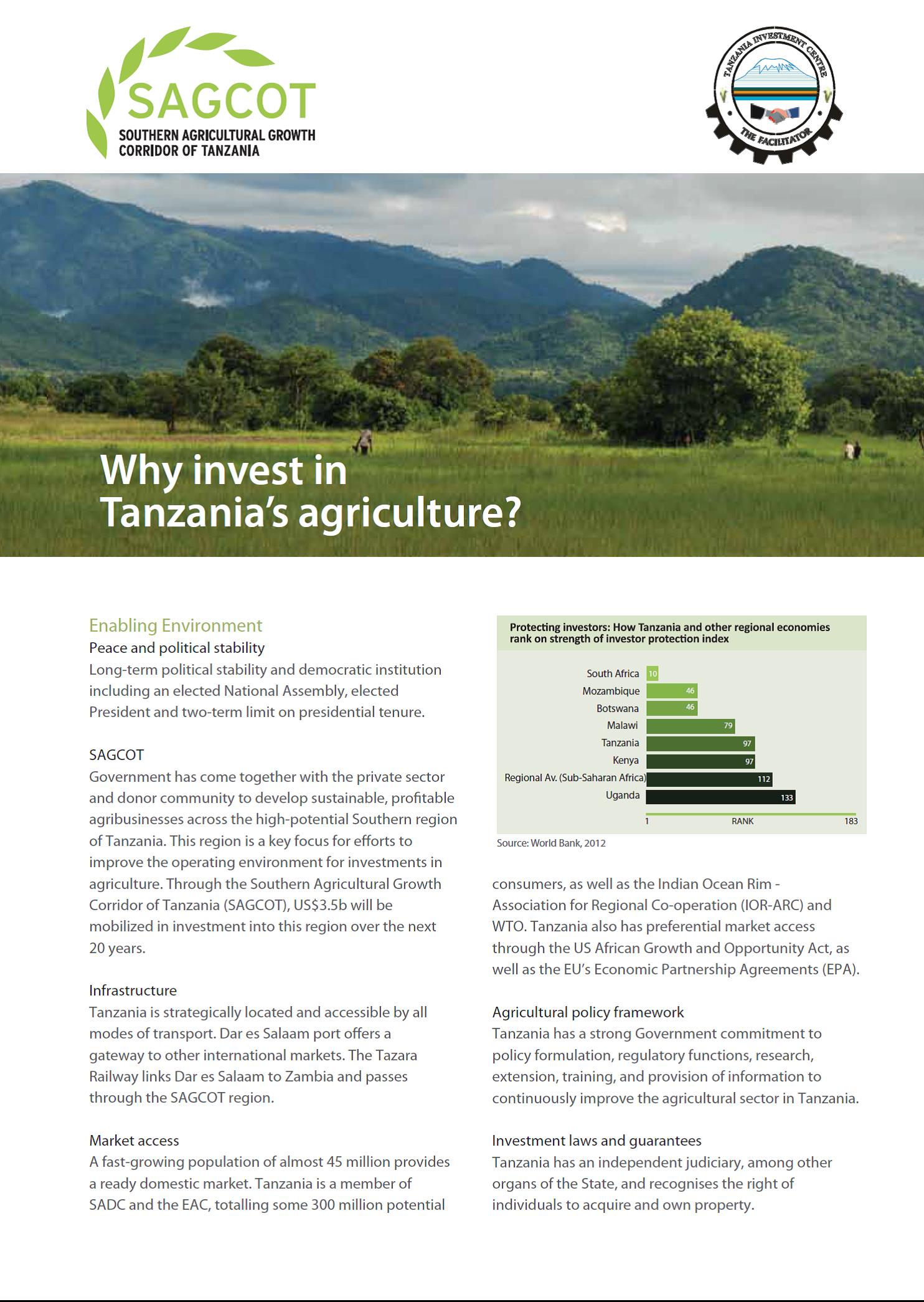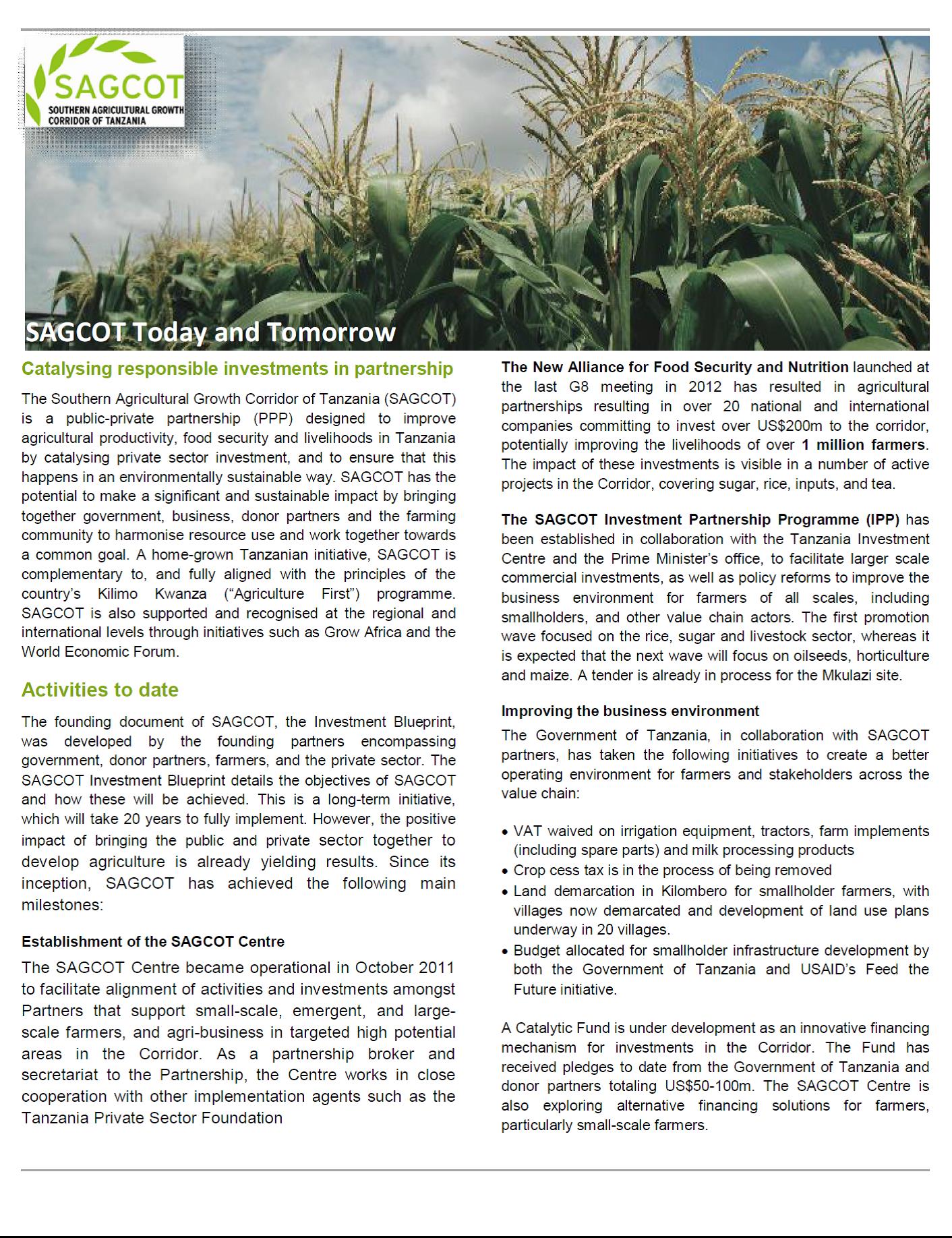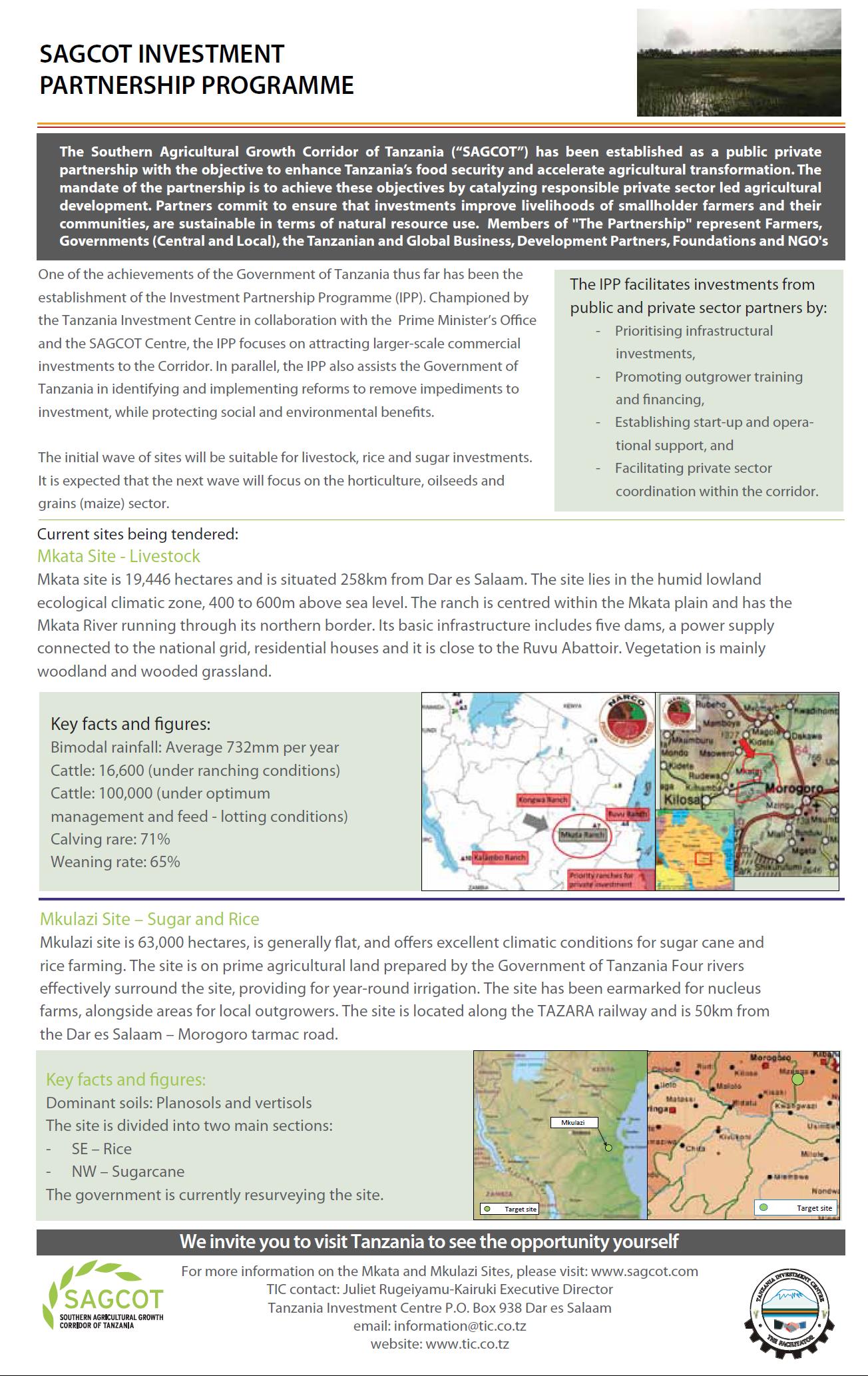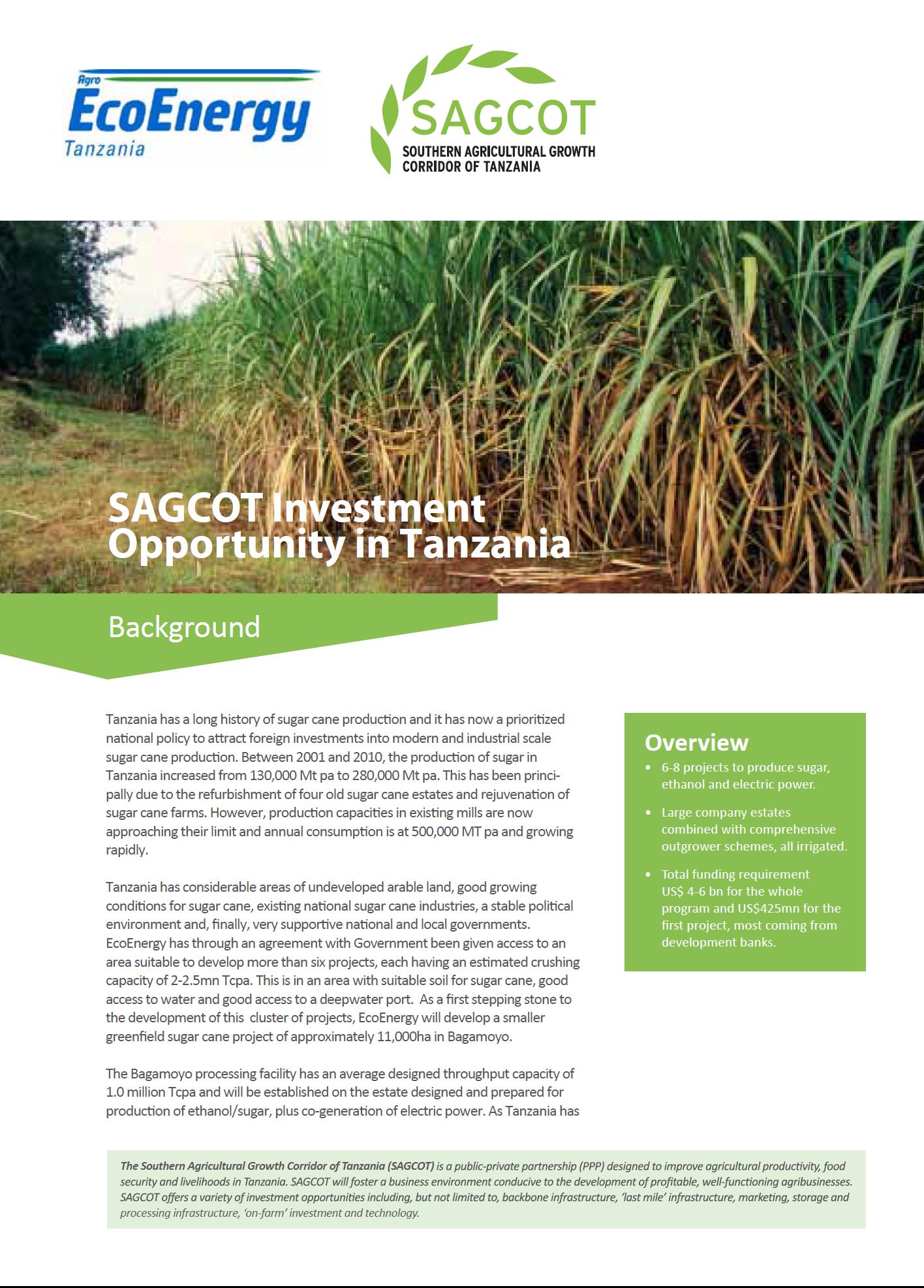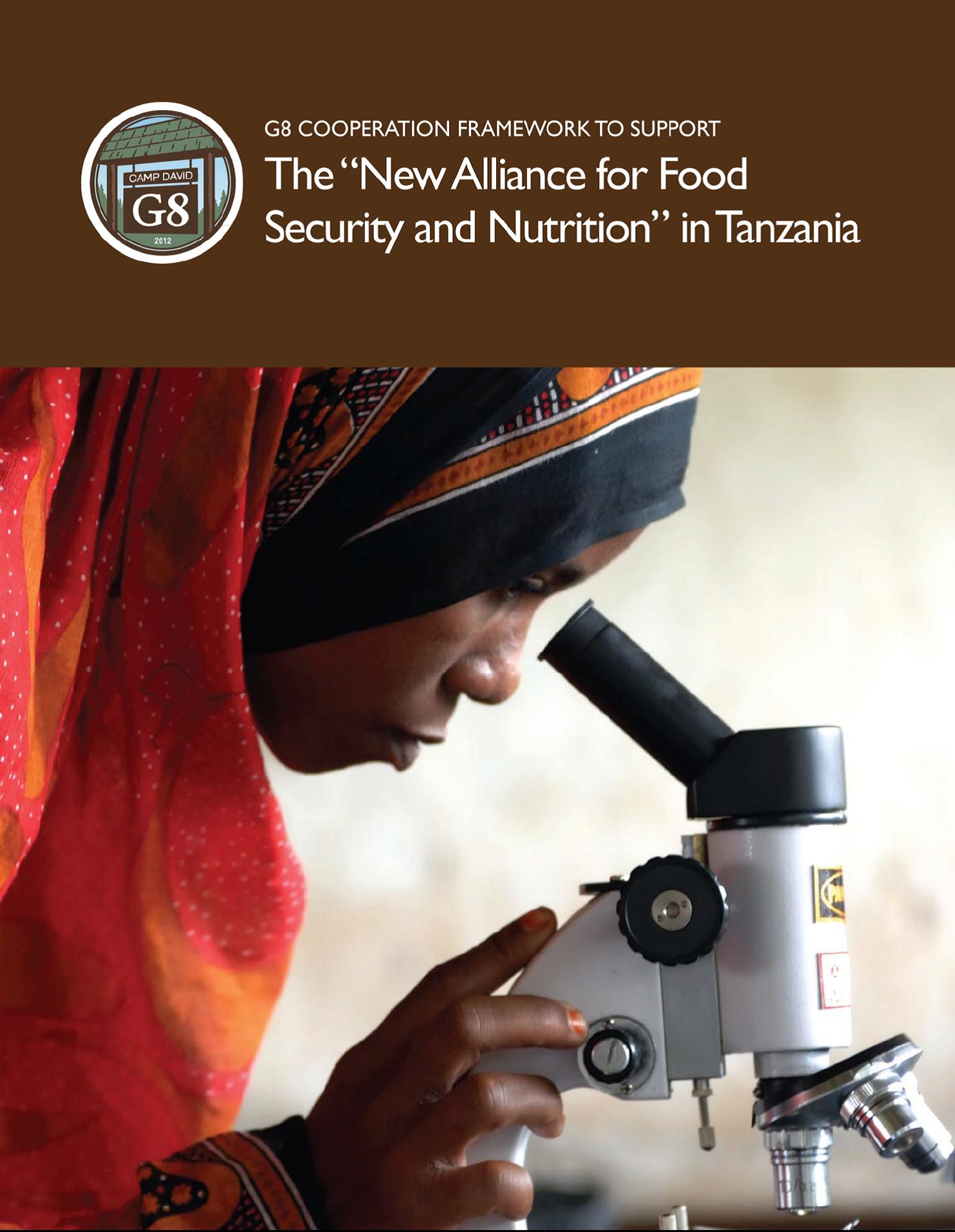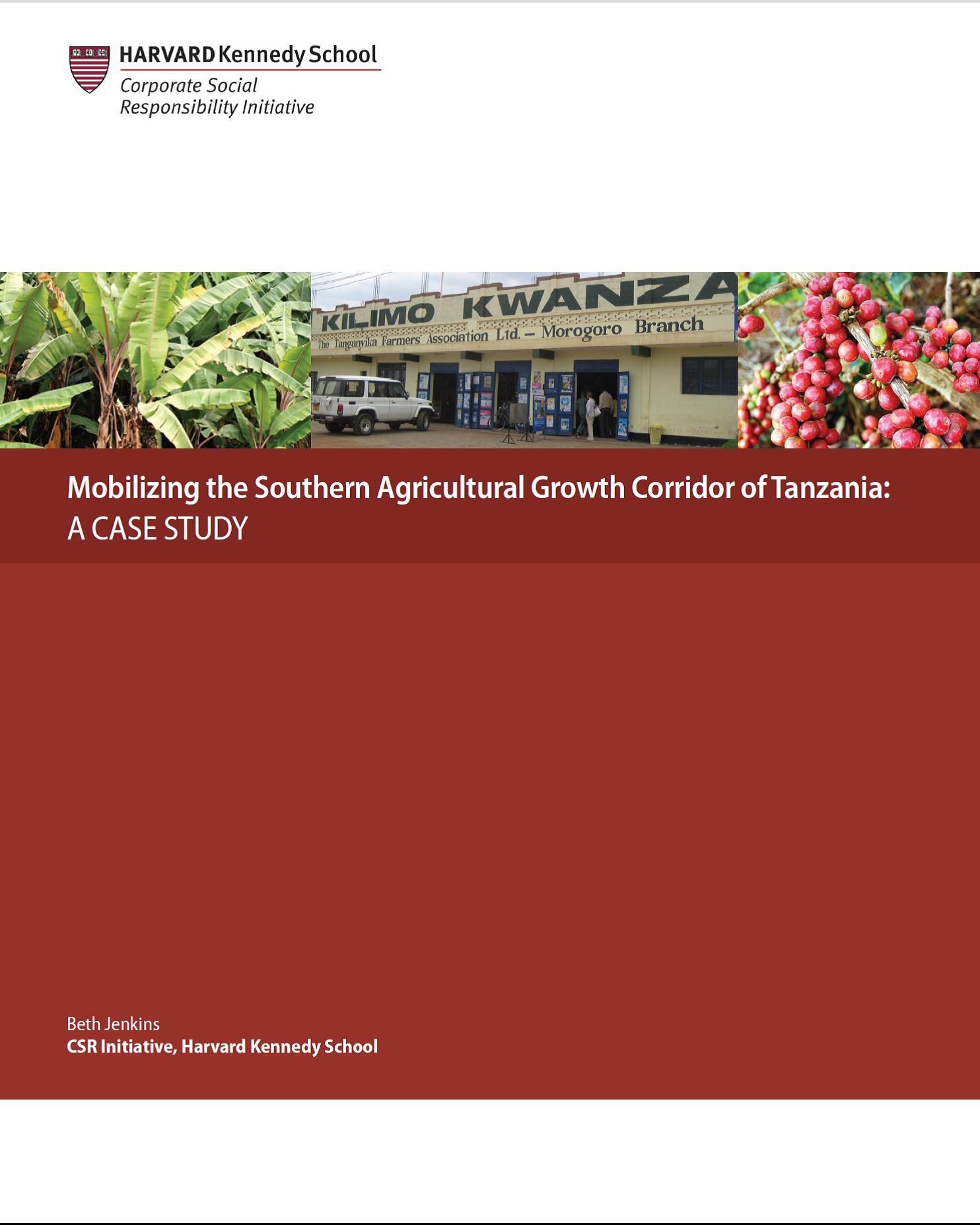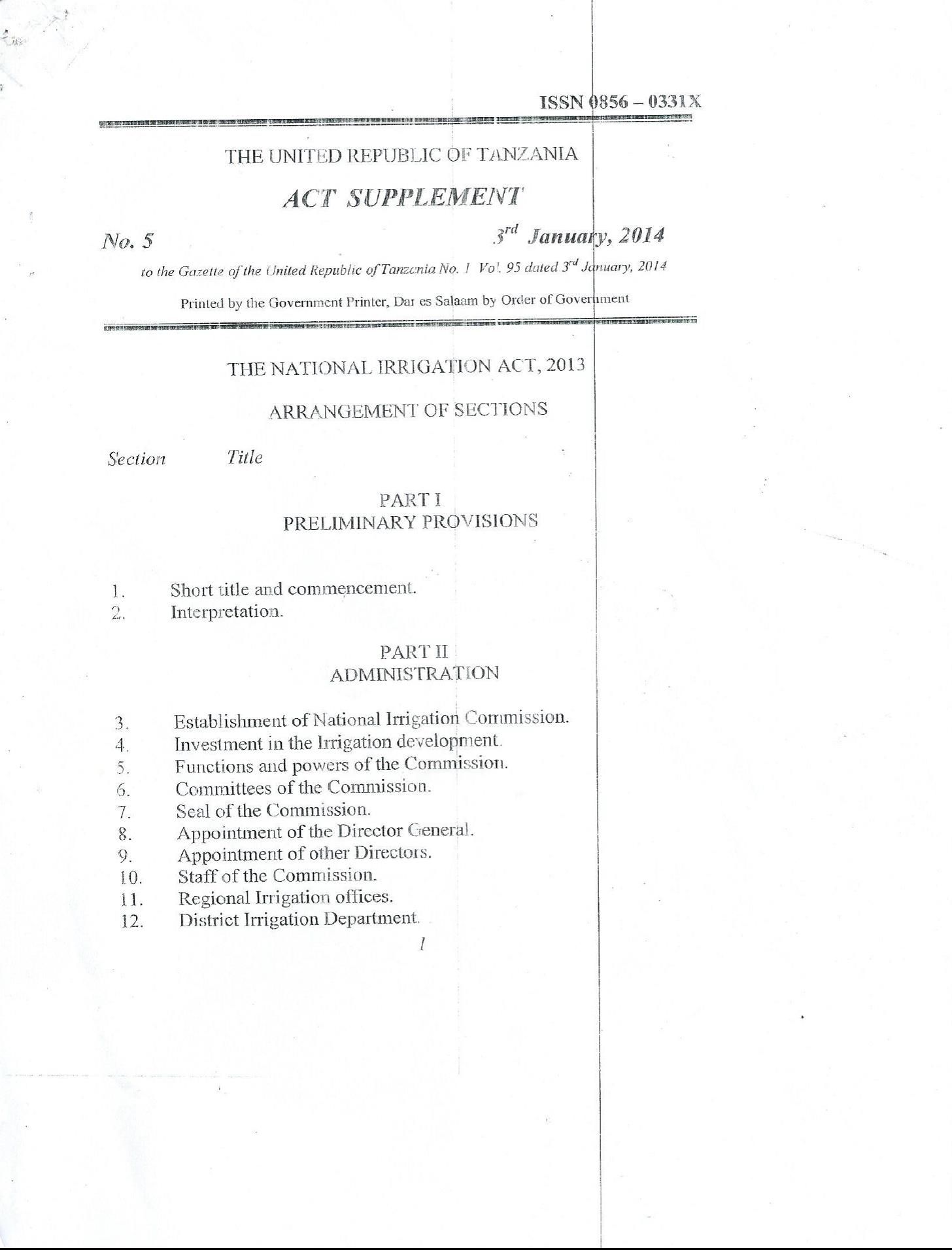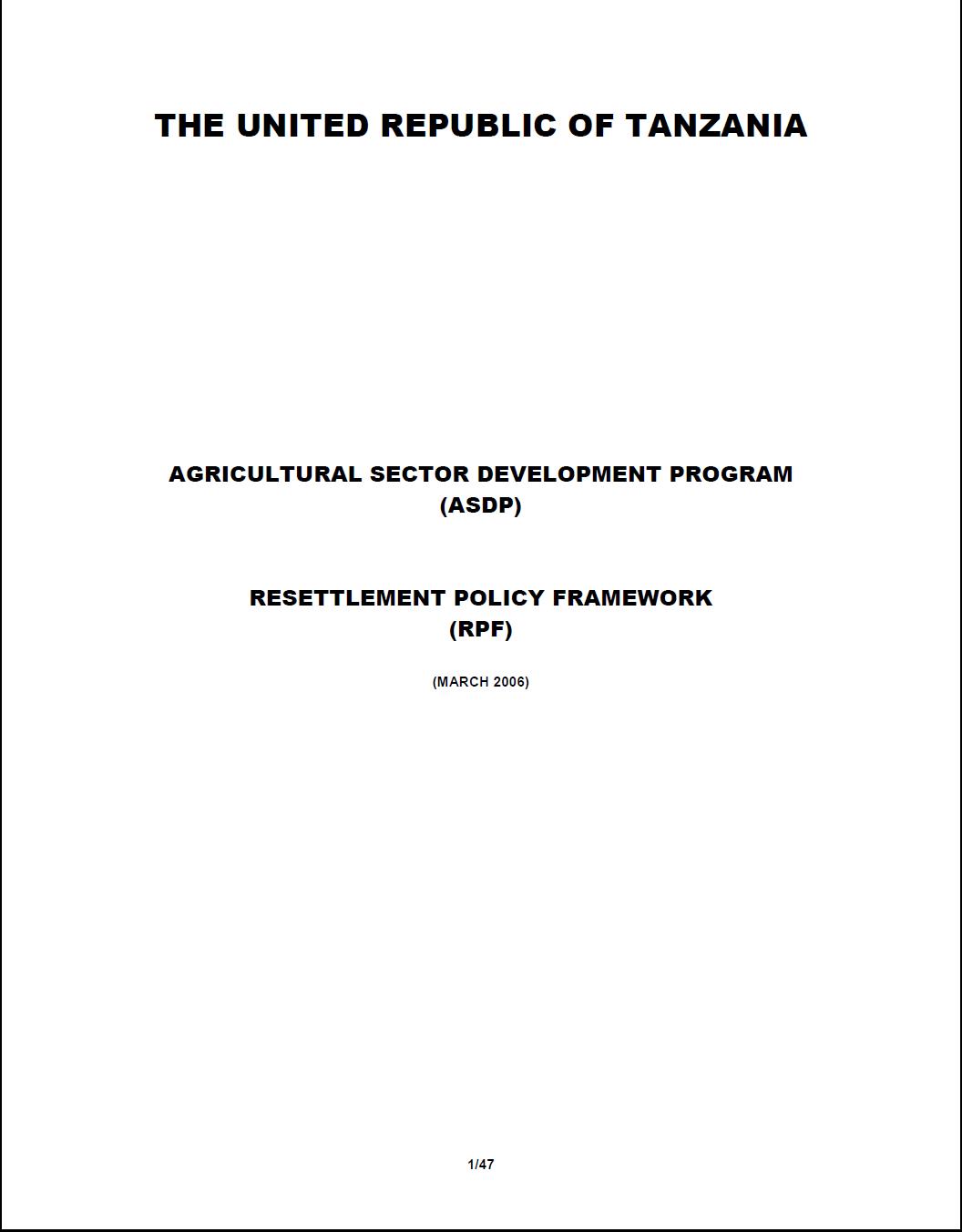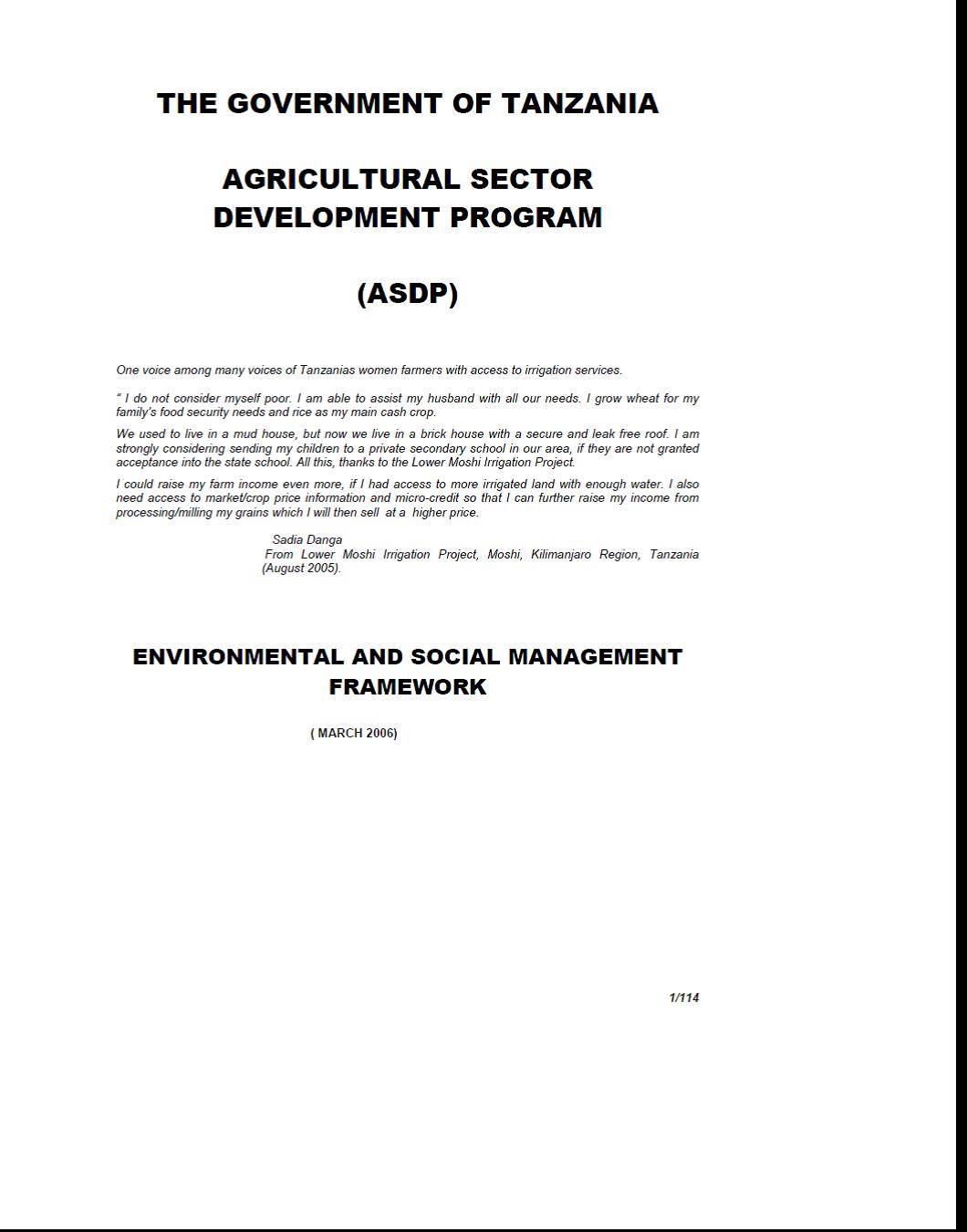Estatuto da Agricultura Familiar Portuguesa
É cada vez mais forte a percepção das populações, de governos e de instituições internacionais de que a humanidade não pode continuar a ser empurrada para o precipício, com as políticas das últimas décadas, de intensificação da produção agropecuária e florestal e o aumento do poder hegemónico de grandes companhias multinacionais da indústria e da distribuição, que controlam a produção e detêm cada vez mais terra, provocando o esgotamento de recursos naturais, acidentes climáticos, pragas e doenças, desertificação de muitas regiões, fome e subnutrição, esvaziamento e asfixia de economias loc


